Titled “A Progressive Decade for Young Feminists and Movements”, Hayat Mirshad’s intervention as a main speaker in the digital Paris Generation Equality Forum-GEF in 2021 was definitely on point.
Sharing her expertise as one of UN Women’s Gender Agora advisors, Hayat focused in her speech on the importance of engaging young feminists in accelerating the equality process. “Ensuring an actual change toward gender equality and women’s rights requires that we invest in feminist approaches that address the root causes of gender inequality and shake the systems and structures that contribute to marginalization and oppression in the first place,” Hayat said.
The online Hackathon was organized this year to launch a young 2030 feminist vision in the Arab States region that can guide youth engagement and leadership beyond the forum, and to highlight youth priorities for the next decade and guide youth programming in a holistic intersectional approach. During the event, the GIA representatives guided the youth-led consultative hackathon aiming to engage young leaders across the region to develop a visionary manifesto which will enable driving the systemic transformations needed to help achieve gender equality.
Hayat also suggested the adoption of a holistic approach that involves rooting out harmful behaviors, attitudes, biases and ideas through programs, policies and systems, and that ensure opportunities and choices are accessible to every woman and girl while establishing grounds for a new generation of leaders. “In the recent years, young feminists and movements have helped push the gender equality agenda and awaken the world to the scale of structural sexism, patriarchal norms and practices, and power abuse. They proved to be more inclusive and caring and provided more innovative and sustainable solutions to accelerate progress toward a gender equal world. They deserve to take the leadership wheel for this decade,” stressed Hayat. To her, the priorities in the up-coming years should be focused on:
– Promoting and supporting young feminist leadership and including diverse young women’s voices in decision-making processes;
– Ensuring the safety of gender equality advocates across the region and creating safe spaces for dialogue;
– Recognizing the impact of intersecting inequalities and marginalization on the enjoyment of rights of all women and girls regardless of their age, ethnicity, class, sexual orientation and gender identity, and placing them at the heart of change;
– Dedicating more technical and financial resources to young feminist organizing to enhance impactful and inclusive grassroot and people-centered approaches and interventions;
– Establishing effective accountability mechanisms on the national, regional, and international levels while ensuring the effective participation and intersectionality in all reforms and interventions related to gender equality on the community and policy levels.
“By supporting feminist mobilizing and movements and young women’s leadership, we are not only positively impacting these girls and women’s lives, but we are also challenging patriarchal norms and practices. Young women are consistently excluded, silenced and underestimated, and it is the responsibility of each and every one of us to confront our biases and stand up for justice and equality. We are starting an envisioning process to change this reality for a better future, hence it is a 2030 young and feminist agenda.” Mirshad concluded.



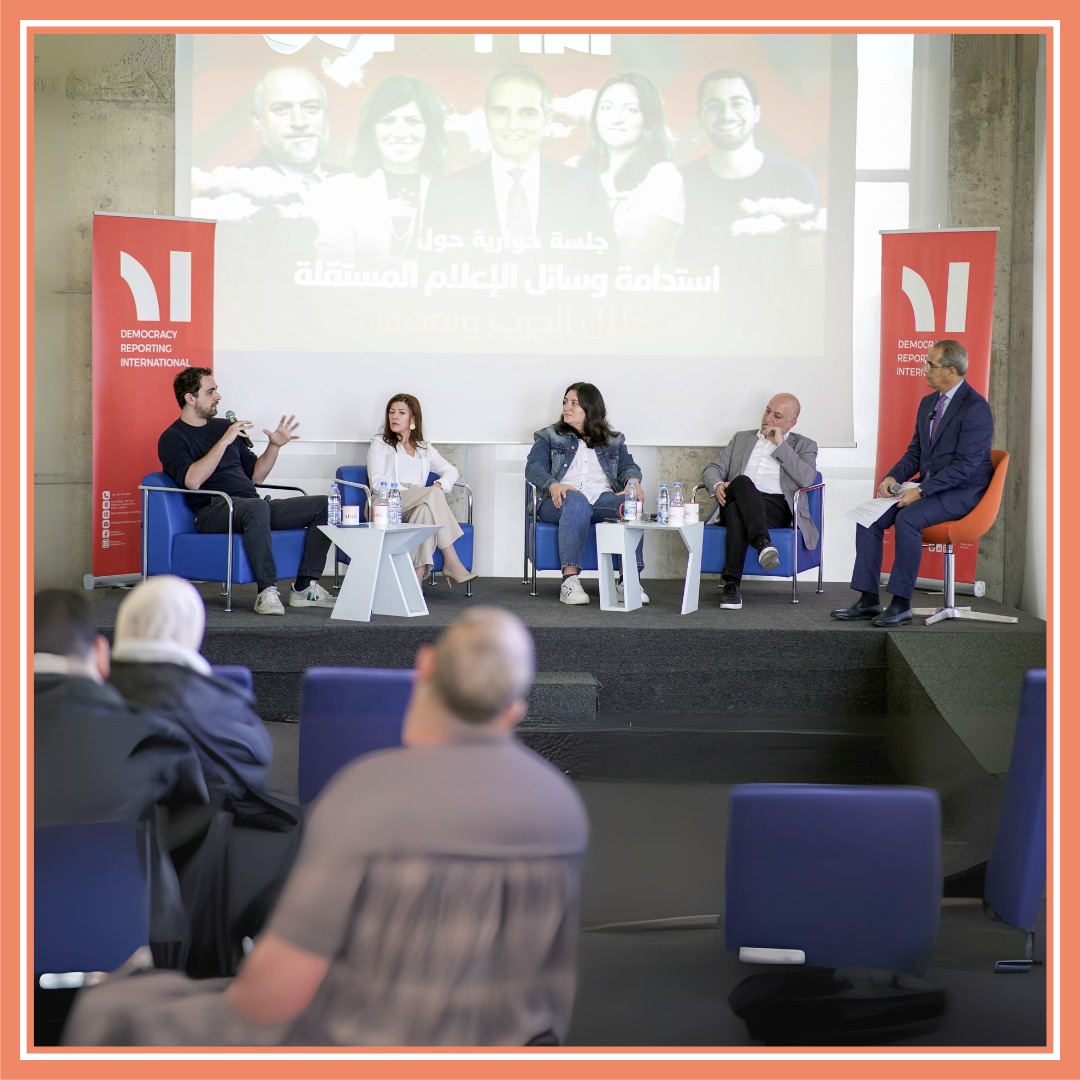
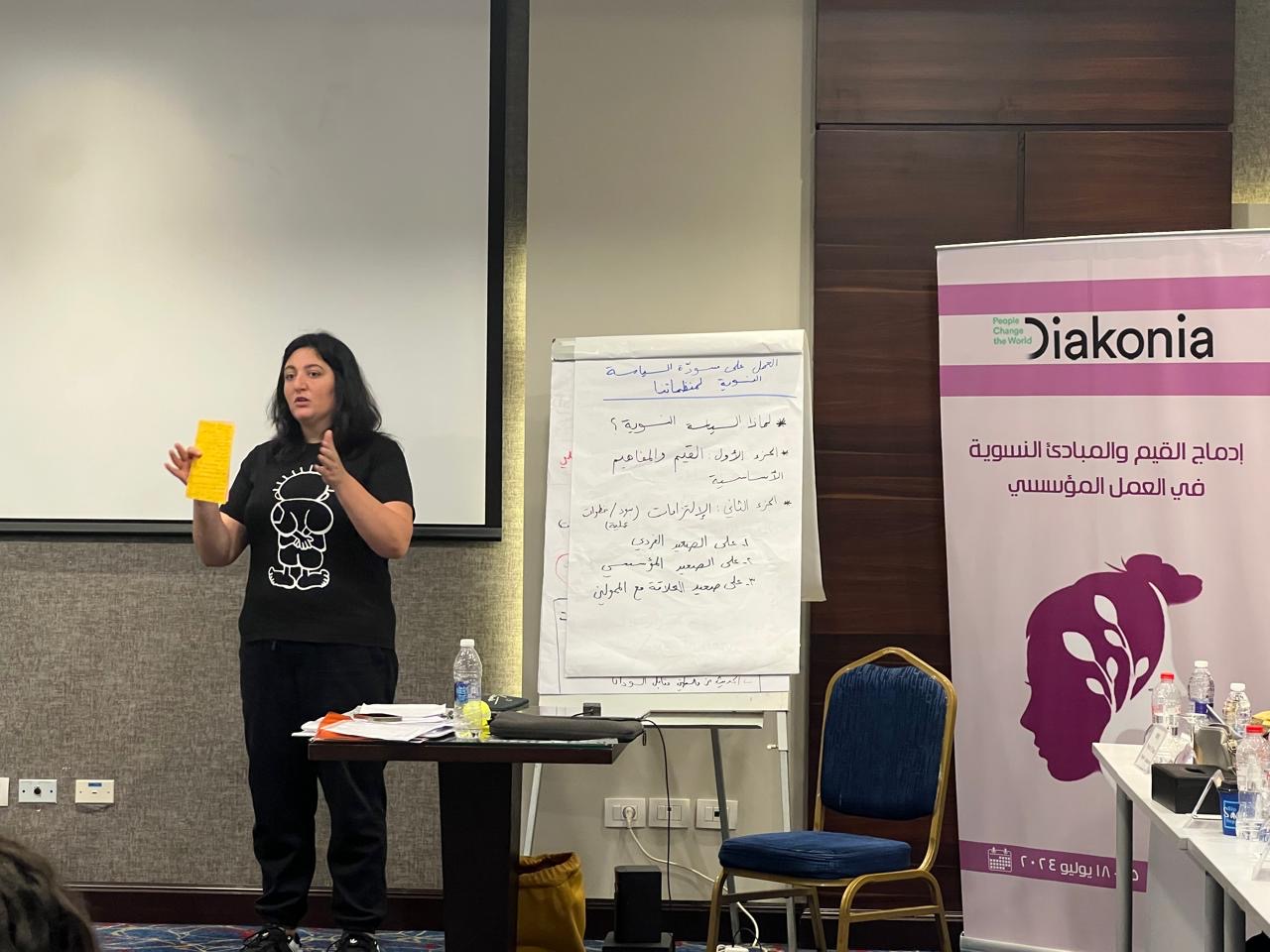
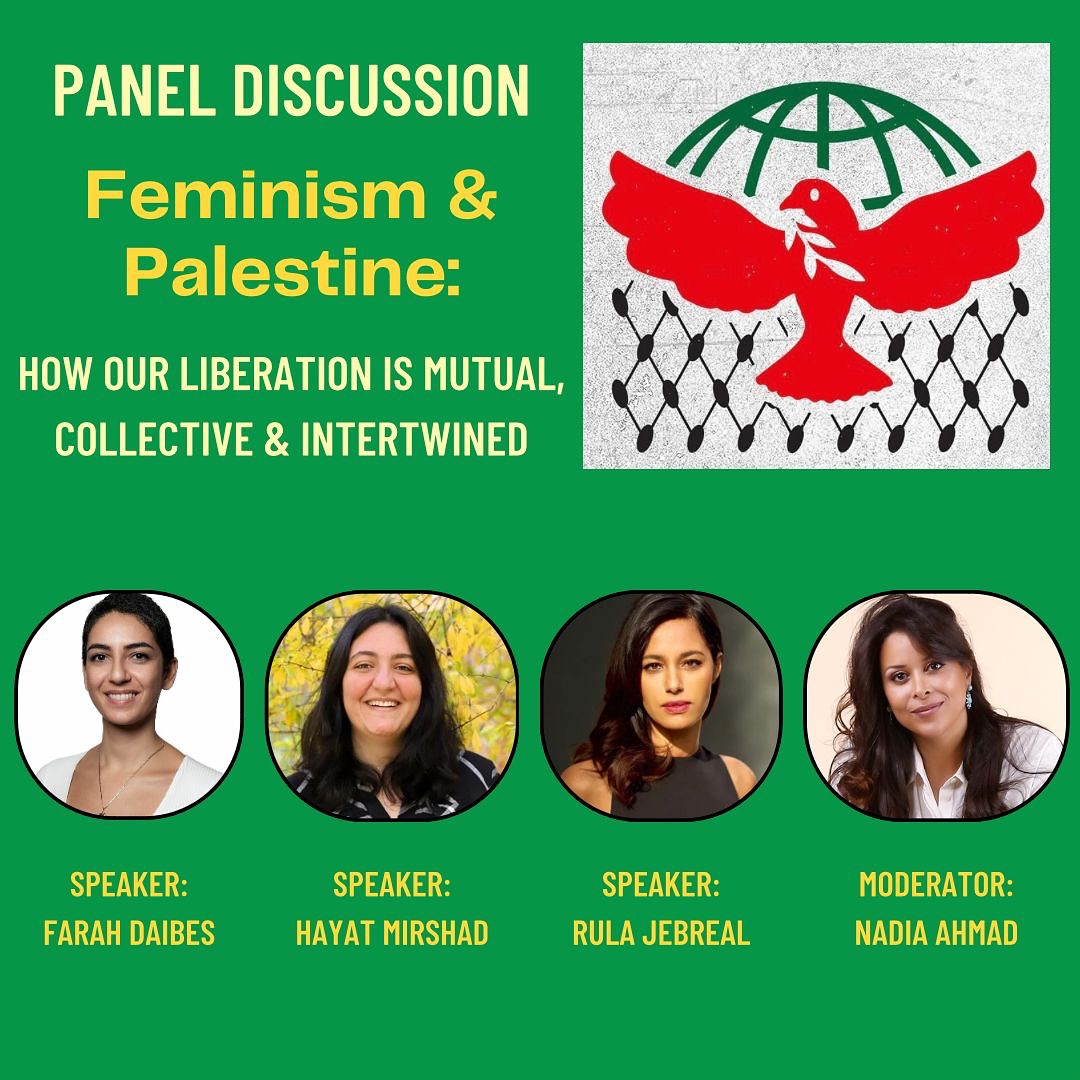

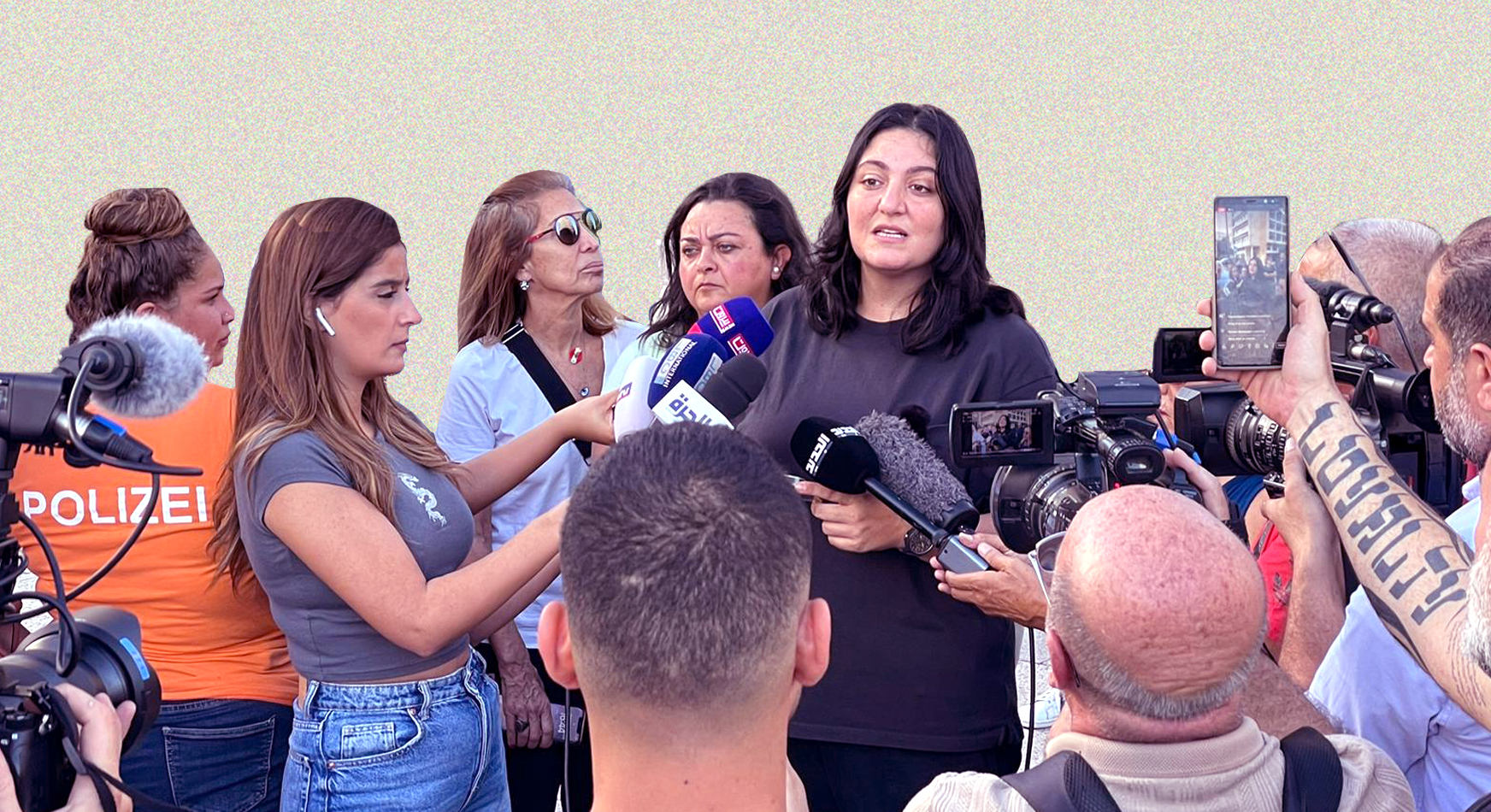
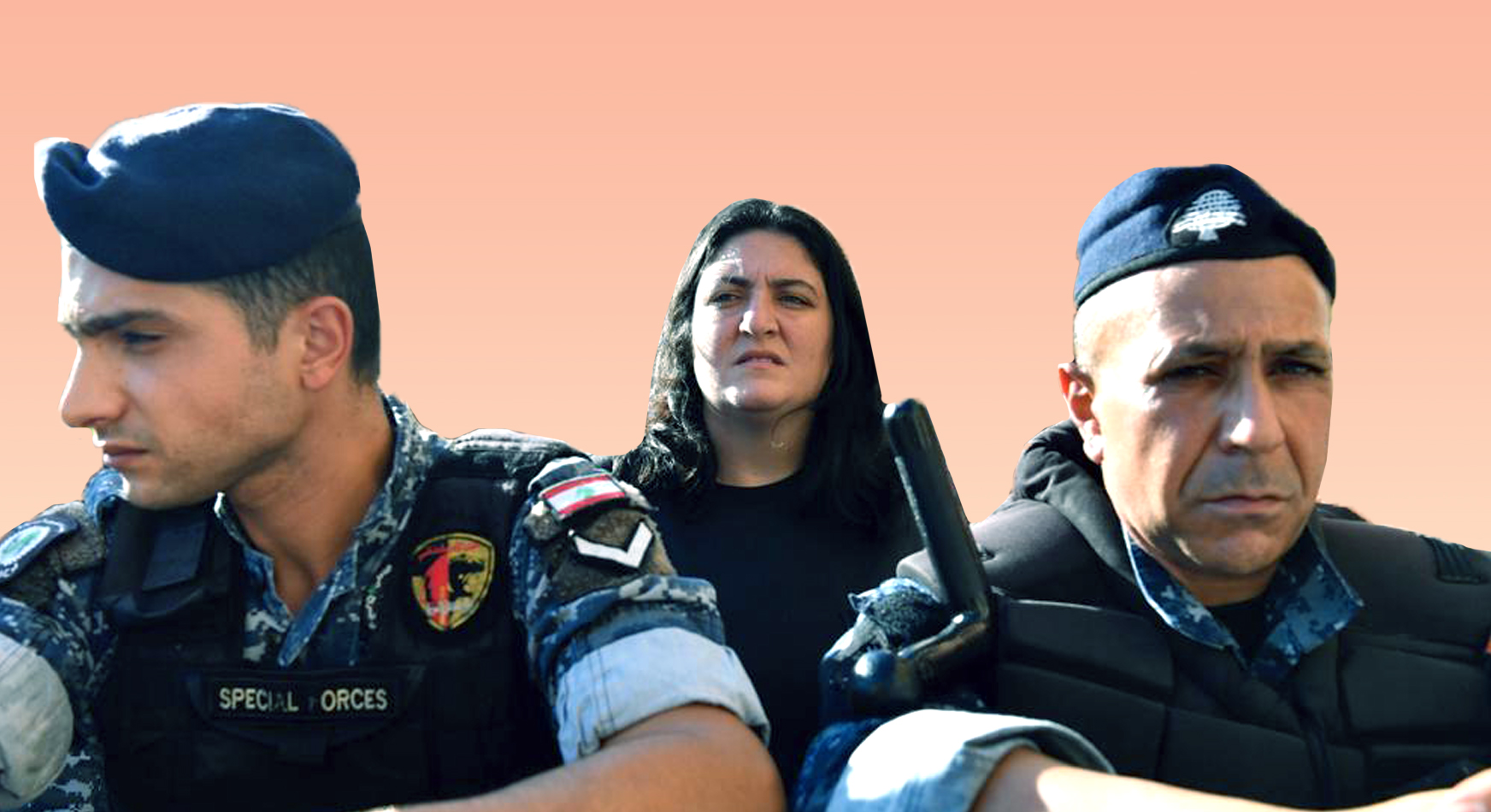
Leave A Comment